October 10, 2022
The Challenges of Ancient DNA Analysis
At Bridge Informatics, we work hard to address the challenges associated with genomic analysis for our clients. Pre-processing raw data, data storage, and building analytical pipelines are just a few of the services we provide. But we are working with current genomic data- that is to say, our samples are from living or recently living people or other organisms.
So what happens when you want to look at a sample of ancient DNA (aDNA), from tens of thousands of years ago? This type of genomic analysis comes with a whole host of unique challenges. Though DNA is an extremely stable molecule, over such long time periods it can be degraded and contaminated by exposure to the environment, microorganisms, and handling by people who excavate ancient remains.
Who is Svante Pääbo?
These were the challenges faced by Svante Pääbo, the 2022 Nobel Laureate in Physiology or Medicine and a pioneer in using aDNA sequencing and analysis to uncover the evolutionary origins of humans. Originally from Sweden, Pääbo established and is currently an evolutionary geneticist at the Max Planck Institute for Evolutionary Anthropology in Leipzig, Germany.
Nobel-Worthy Work
Pääbo’s Nobel Prize is focused primarily on the information he uncovered about the evolutionary origins of humans and Neanderthals as well as the discovery of another early hominid species, the Denisovans. However, those discoveries were only possible thanks to his previous work on how to analyze ancient hominid DNA in the first place.
The first main obstacle to studying aDNA is obtaining a good quality sample. DNA extracted from fossils is often chemically damaged, contaminated by microbes, and can often get contaminated by people handling the fossils, which poses a problem in particular when looking at ancient hominid remains if contemporary human DNA gets in the mix. Over several decades, Pääbo and his team thoroughly described the unique biochemical properties of aDNA to make it more easily identifiable, determined which kinds of bones yield the best quality aDNA, and developed rigorous extraction and purification methods to minimize contamination.
Once the DNA sample is extracted, the second main challenge is sequencing. Often, there is only a small amount of endogenous DNA present, so it has to be amplified. Pääbo’s team experimented with early high-throughput sequencing technologies, incorporating a modified PCR protocol and including restriction enzymes that cleave bacterial DNA to reduce contamination. Through trial and error and many methodological improvements, Pääbo and his team eventually sequenced the nuclear Neanderthal genome, a feat thought to be next to impossible.
The sequencing of the Neanderthal genome and other early hominids spawned an entire field of study and rewrote our understanding of human evolution. Pääbo’s work and his ensuing Nobel Prize are striking examples of the power of genomic analysis.
Outsourcing Bioinformatics Analysis: How We Can Help
As illustrated by Pääbo’s research career, extracting information from DNA sequences is no small feat. We can help you tackle the challenging computational task of interpreting genomic data. Bridge Informatics’ bioinformaticians are trained bench biologists, so they understand the biological questions driving your computational analysis. Click here to schedule a free introductory call with a member of our team.
Jane Cook, Journalist & Content Writer, Bridge Informatics
Jane is a Content Writer at Bridge Informatics, a professional services firm that helps biotech customers implement advanced techniques in the management and analysis of genomic data. Bridge Informatics focuses on data mining, machine learning, and various bioinformatic techniques to discover biomarkers and companion diagnostics. If you’re interested in reaching out, please email [email protected] or [email protected].
Sources:
https://www.nobelprize.org/prizes/medicine/2022/advanced-information/
https://www.washingtonpost.com/health/2022/10/03/nobel-prize-medicine-svante-pbo/


